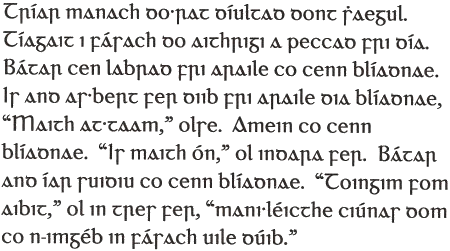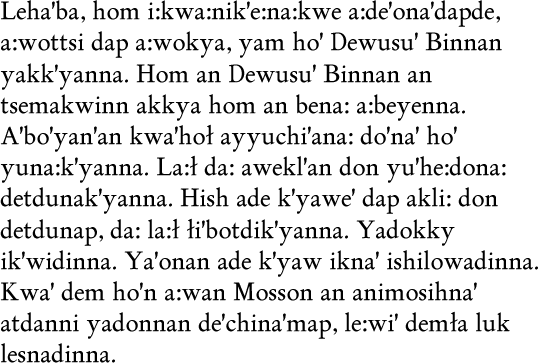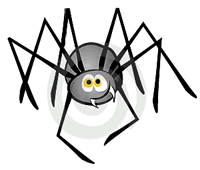I watched some more of the polyglot videos I mentioned yesterday, and a few others, and one thing I noticed is that in most cases they people in them are talking about things like their languages, and how and why they learned them. One exception is this one by Richard Simcott in which he mentions 50 interesting things about himself in a variety of languages and accents. I also found some videos of a multilingual singer and actor from Vancouver who speaks four languages and sings in eight, including Mandarin, Cantonese, Tagalog, French and English.
Today I thought of a few other things you could try on videos and audio recordings in languages you’re learning: talk about a subject that really interests you, make a video/audio diary, read poetry or prose, tell stories or jokes, sing songs, or make lessons for languages or other subjects or skills that you’d like to share. They say that a good way to learn is to teach, and learning how to explain the intricacies a language or other subject in a foreign language is good way to improve your command of that language.
For example, I’ve been thinking about making some Irish lessons in Welsh, some Welsh lessons in French, or maybe even some tin whistle lessons in one or more of my languages. Don’t hold your breath though – I’m good at coming up with ideas, but it can take we awhile to do anything about them.


